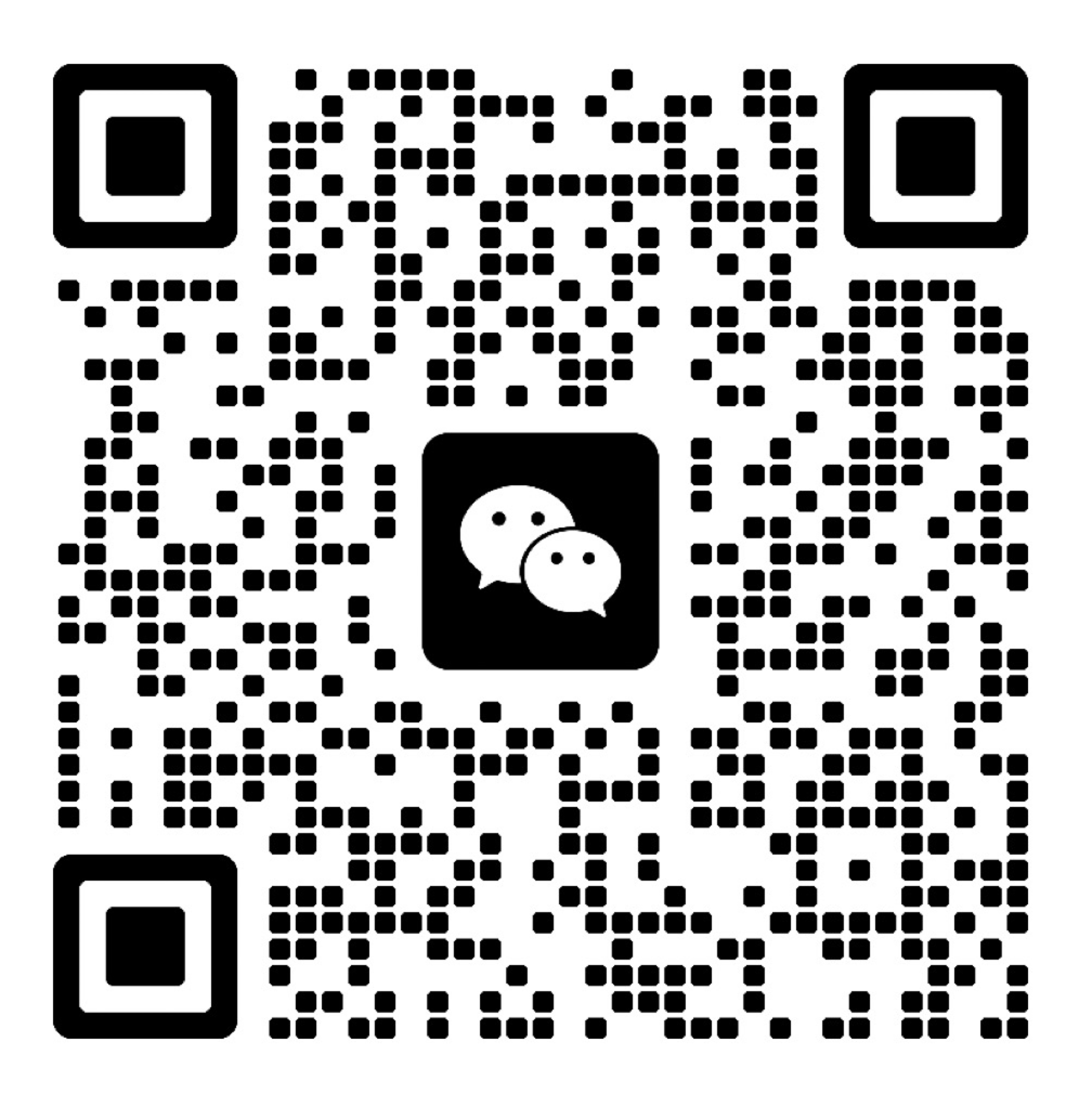❶
Variety
“咖喱味”、“泡菜”口音你能听懂吗?
很多同学存在这样的误区↓
✘我想学英式英语,所以要多听英国人说话。
事实上,学英语的目的是为了交流,而你要面临来自世界各地拥有不同口音的人,而不只是为了理解英国人。
“I want you to think about the different sounds that each accent makes.”
大家要尽可能听各种口音,并有意识地思考每一种口音的发音区别。
“there's not one definitive way of speaking English,there are lots of variations by country , I mean English variations , regional variations.”
世上并不只存在一种说英语的方式,英语口音有地区和国家间的差别,例如新西兰英语就和美国英语就有很大不同。
总之,大家要多听不同的口音,才能真正学会用英语交流。
❷
Dedication
十年磨一剑,你用多少时间磨耳朵?
接下来大家诚实地回答一个问题:
▷你每天会花多少时间来专心地练习听力?
“I want you to start practicing honestly.”
大部分学生投入的时间是不够的,所以大家应该诚实地开始练习,付出时间和专心,熟能生巧。
“it's called a skill for a reason is something that you have to develop principally on your own and also with help from others .”
听力作为一种英语技能,大部分需要你独自练习,同时也要借助一些外在资源。
❸
Resources
好声音是“盲听”出来的
很多学生都能想到看英语电视剧练听力,但他们往往比较依赖字幕。在这里给大家一些Tips:
“Watch each programme or movie twice,I want you first to watch with no subtitles, see how much you can understand , and watch it again with subtitles to see what you did pick up and what you didn't , then noted for next time .”
每个节目或电影看两遍。第一遍先不看字幕,看自己能听懂多少,第二遍可以看字幕,看自己哪些能听懂,哪些听不懂,下一次就会更注意。
“more achieveable with programmes short ones, something that less than 30 minutes.”
尽量选取一些短小的节目,时长不超过30分钟,如《老友记》练习美音或BBC News 练习英音;
One good tip is to use audio books, pick a book that is interesting and relevant to you, judge it by your level.
此外,大家要学会利用有声读物,选一些有趣的、符合自己目前的听力水平的读物。
▷基础水平选择儿童书籍
▷中等水平选择青少年读本
▷高级水平选择包含一些专业术语的成人读物
通过有声书,我们可以边听边读,不仅能提高听力,还能增长词汇,检查自己理解的是否正确。
总之,建议大家多进行盲听,少看字幕。
❹
Multi-task
花心的人听得更多
为了提高学习效率,大家要学会利用碎片化时间。
“Listening is something that you can do whist you do something else.”
听力不像阅读或者看电视,你可以在做一些不太需要集中精力的事情时听听力。
“Once you've found your ideal resource, build a sort of pact of resourses on your smart phones or computer.”
首先你要选择理想的听力材料,然后在手机或者电脑上建一个文件夹,随身携带,这样无论出门旅行还是在家做饭,你都可以练习听力了!
❺
Fluency over accuracy
一字不差=马什么东?东什么梅?
我可以流利地说西班牙语,但未必能达到100%准确,我听力、理解、交流都没有问题,但如果仔细分析我说的话,确实存在一些错误。
“I want you to listen to context. Something I always say is fluency over accuracy. ”
当你和人谈话时,要听语境,我总是坚持“Fluency over accuracy”原则,即流利度重于准确性。
“You don't need to understand every single word , you need to understand context and general meaning, instead of listening word-by-word, listen to two phrases as a whole”
你不需要理解每个单词,只需要理解对话情境和大概意思。因此在听的过程中,不要一个单词一个单词去听,要以两个短语为单位。
❻
Speech patterns
做一个辨音达人
大家要注意研究native speaker的发音习惯,有时候本地人说话并不是严格遵守发音规则,所以大家要注意这些规律:
You can look at homophones.
同音异形异义词,如bare↔bear
You can also look at minimal pairs.
最小对立组, 是指除了元音以外,发音几乎相同的一对单词,如sheep↔ship
You should also understand weak forms.
native speaker在说话时,语速会很快,习惯弱读。
比如:
at 在单独读时是 [æt],如果放在句子或对话中,如"at three o'clock " ,就 会被弱读成[ət] 。
在这里,大家要了解Schwa,即中性元音。表现是读音弱化,口腔发音达不到/a:/的程度,一带而过,读起来像是/ə/。
You also need to look at reductions.
省音现象,如wanna 、gonna的发音。
You also need to look at contractions.
缩写词的发音,如 I am→I'm、 I will→I‘ll she would→she'd...
了解了这么多技巧,
最重要的是用心实践,
才能练出实力!
你
↓
坚持
↑
听力9分













